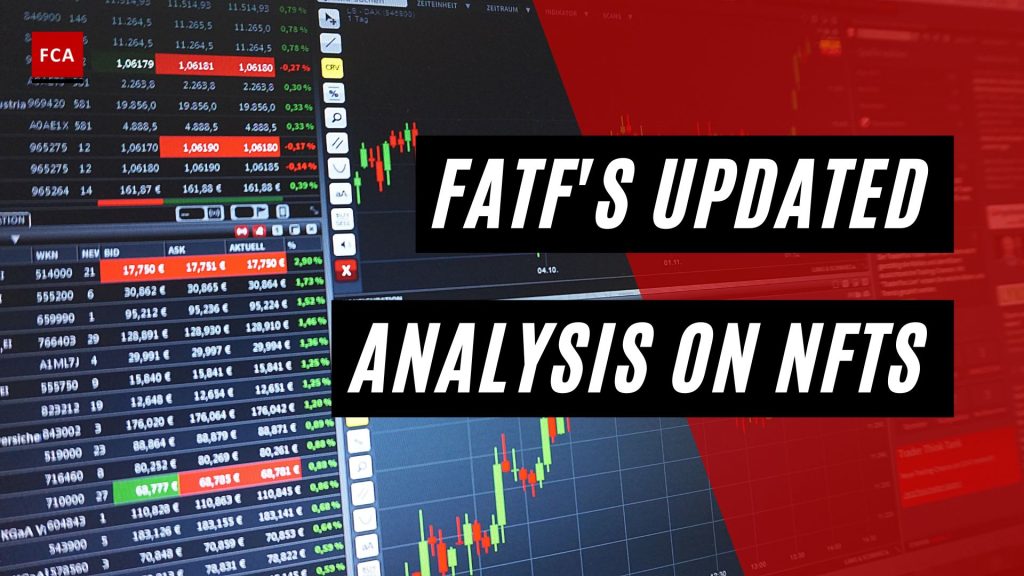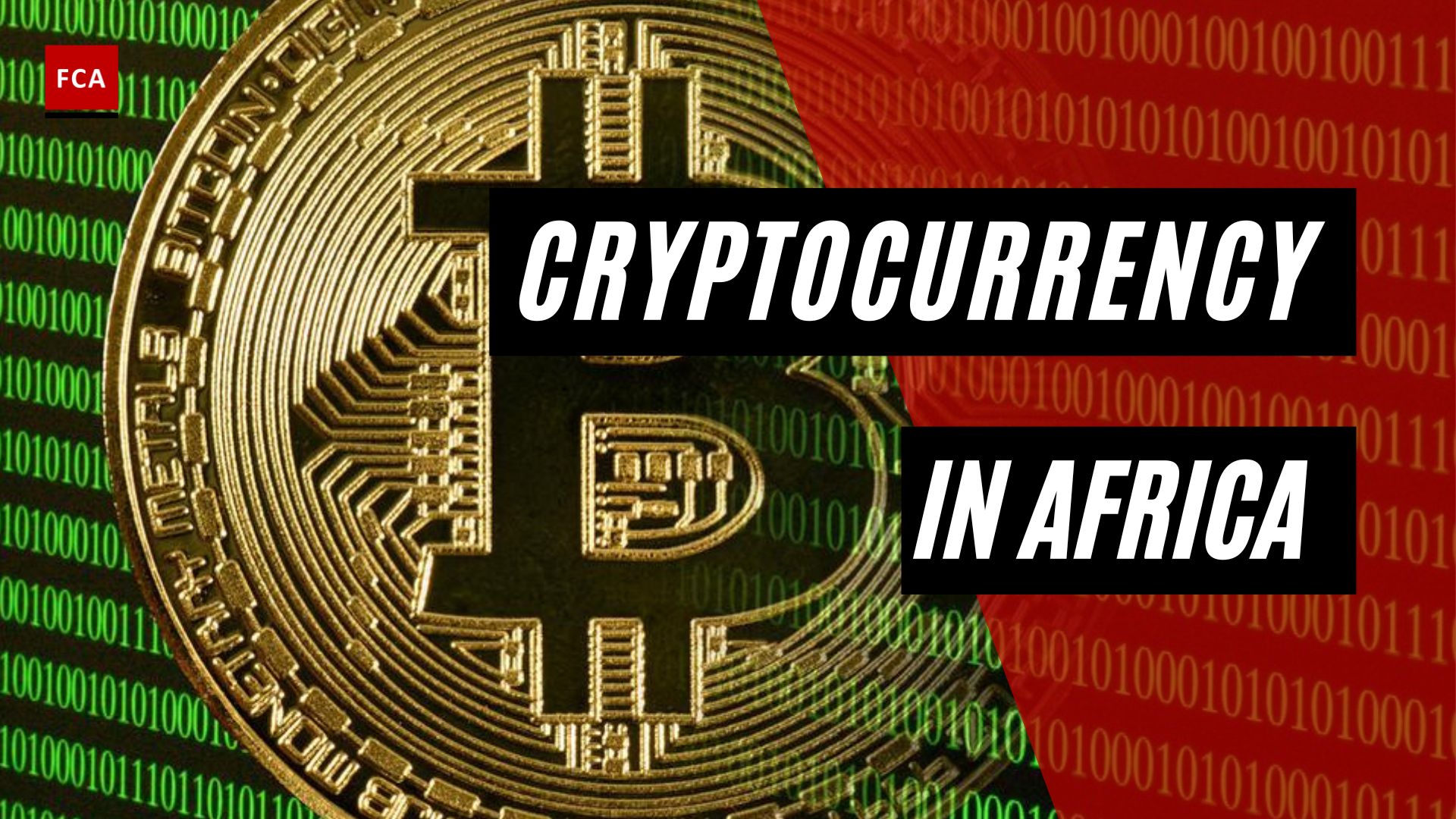FATF’s updated analysis on NFTs sheds light on the regulatory challenges and potential risks associated with the rapidly evolving world of non-fungible tokens. The research indicates a significant growth in the Non-Fungible Token (NFT) market. However, alongside the emergence of this new digital asset class, concerns have been raised regarding potential misuse by criminals for illicit financial activities such as money laundering and wash trading. Based on insights from FATF jurisdictions and open source data, this article explores the risks, challenges, and regulatory considerations associated with NFTs.
Expanding NFT Market and Increased Adoption: One notable development in the NFT market is the expansion of NFT markets and applications. An increasing number of apparent non-financial corporations have entered the NFT market, demonstrating its growing popularity and mainstream appeal.
Despite a recent decrease in the number of NFT global sales in 2022, there has been an increased number of active wallets engaged in buying or selling NFTs. However, the variations in NFT definitions and functions across jurisdictions pose challenges in applying anti-money laundering and counter-terrorism financing (AML/CFT) regulations consistently.

FATF’s Updated Analysis on NFTs
Risks and Challenges
The diverse nature of NFTs presents challenges in identifying high-risk cases and differentiating them from virtual assets (VAs) or other assets. NFTs can take various forms, ranging from artwork to representations of ownership of physical assets. They can even be utilized for property sales, where NFTs serve as collateral for further virtual asset borrowing and lending. Such diversity complicates the task of determining whether NFTs qualify as VAs or other assets.
Furthermore, the regulation and supervision of NFTs remain nascent or non-existent in many jurisdictions, making it difficult to monitor and ascertain activities conducted using NFTs.
FATF’s Updated Guidance and Regulatory Approach
FATF’s Updated Guidance (October 2021) provides clarification on the treatment of NFTs. Generally speaking, NFTs that are unique and primarily used as collectibles, rather than as payment or investment instruments, do not fall under the category of VAs according to FATF standards. However, jurisdictions are advised to apply the FATF Standards on VAs to NFTs when they serve the same function as VAs, particularly when used for payment or investment purposes.

Monitoring and Future Considerations
Given the rapid development and evolving functions/forms of NFTs, FATF acknowledges the need for continuous monitoring of this issue. FATF will actively engage in discussions regarding new implementation challenges and country-specific approaches to ensure effective regulation and supervision of NFTs.
Final Thoughts
While the NFT market continues to grow, it is essential to address the risks and challenges associated with the potential misuse of NFTs for illicit financial activities. Harmonizing regulatory frameworks and enhancing supervision in this nascent domain will be crucial for maintaining the integrity of financial systems. FATF remains committed to monitoring this evolving landscape and promoting effective measures to safeguard against illicit activities within the NFT market.








